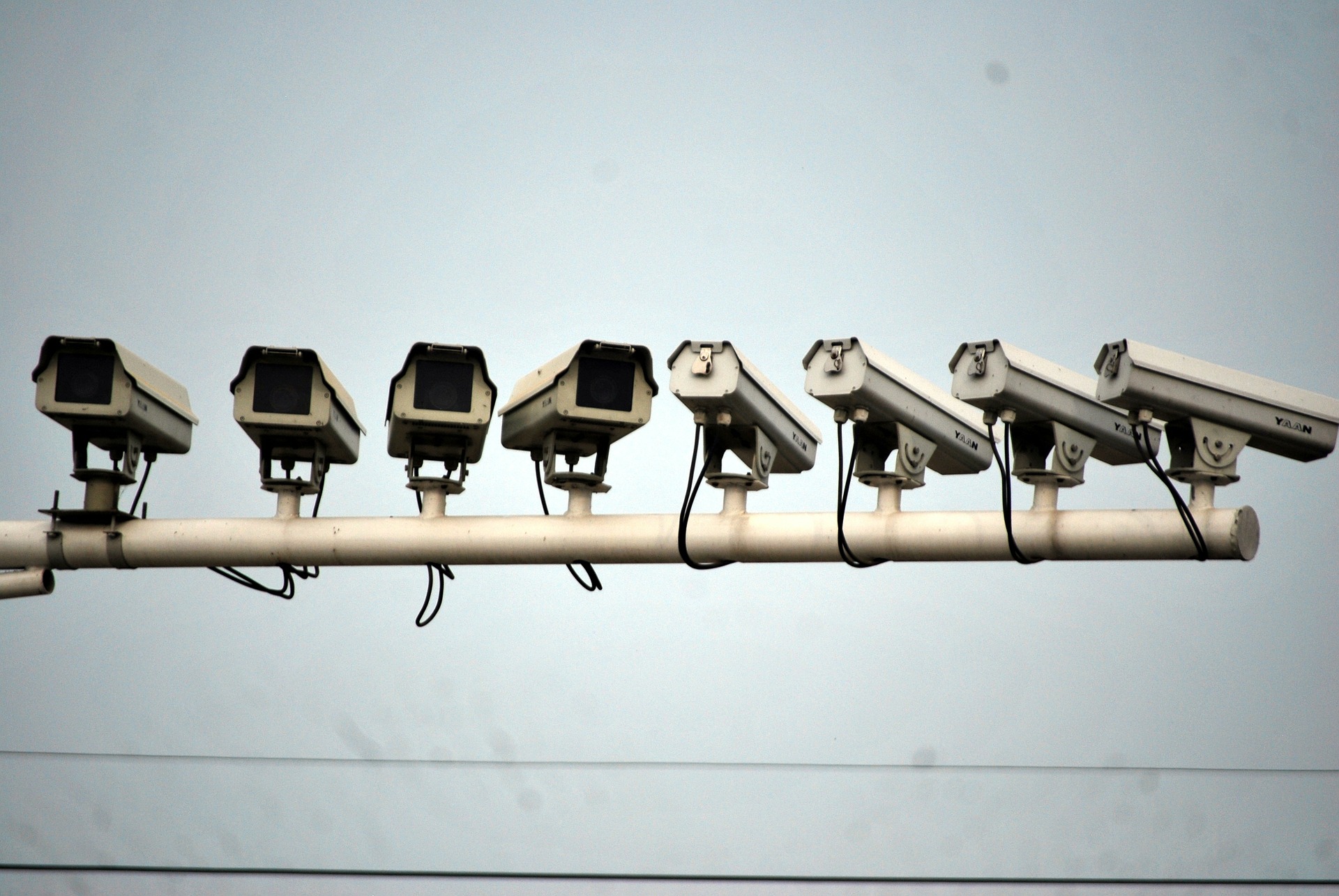Advances in technology have caused a syncretic shift between what is public and what is private. What was once private is now more accessible than it has ever been, as more of what we do and say has become accessible data. When this shift occurs, politics and privacy meld in new and potentially profound ways.
Politics has become a game in which politicians attempt to invent and reinvent themselves, a battle over narratives and public discourse. We see politicians shaping and reshaping their identities given different audiences and different crowds; each mask designed to win over as many voters as possible. When these masks start to slip, exposing what’s underneath, there becomes room for questioning who they really are.
In ‘post-truth politics’, the identities politicians choose to adopt seem to make far bigger an impact than the policies they support. This is a battle between what is public and what is private: every new mask is a shift in what one wishes to present. Losing the narrative sees a chasm form between these two elements.
What is to be concealed is revealed, opening and exposing the reality and true nature of political deception.
This shift is a theme that became prominent during the US election. Hillary Clinton may have lost the race to be in the White House over the disagreement in the use of her private email server for public duties. Donald Trump, on the other hand, saw himself held to account in public over what he regarded as a private conversation. In the case of politicians, this is something that is mediated in different ways between society and individuals on what is acceptable and what is not. Trump’s advice to “grab [women] by the pussy” apparently found more favour with the American public than Clinton’s outright dishonesty.
In both cases different spheres of ‘old’ technologies, a rogue microphone, or simple emails, brought private information into the public realm. This has parallels in the way we all lead our lives. We are the things we don’t say inasmuch as those that we do: we put on different masks and keep control of who it is we want to be and what is that we want to represent depending on where we are, or whom we are with.
Moments are now instantly recordable, and potentially eternally regrettable.
But the realm between public and private is becoming complex as individuals are increasingly losing control over the things they have said or done. One screenshot from a private chat on Whatsapp can instantly make the conversations content public – when it is done so, it is potentially forever. If someone had saved a ‘cheeky’ Snapchat of David Cameron with his d*ck in a pig, the story may have had a much greater impact. Moments are now instantly recordable, and potentially eternally regrettable.
Reams of personal information will see the politics of the future played out in a different way, since new and advancing technologies mean young people are faced with having every facet of their existence recorded. We are losing the ability change our masks, to narrate our personal tales. What’s more, we’ve become socialised into being routinely surveilled. The Internet is now a medium through which companies profit from the interaction and data they can acquire from their users.
This is a business model that creeps further into our lives, into every action we take that can be monitored, quantified and commodified. We are complacent and complicit as we acquiescently give our data away, blithely releasing information with no thought or second-guess as to where it goes, or what it is used for. In exchange for ‘free’ services, we willingly give ourselves up to surveillance. An exchange leading to data mining and targeted advertising, marking targets by selling peoples selves to themselves; a corrupted cycle of naively constructed cyclical self-indulgence.
Even something inane as Pokémon Go takes on a new meaning when you think of it in terms of an app designed to hoover up a large amount of data, one that created a large database of information containing the details, pictures and precise whereabouts of an incredibly large amount of children. Try and put those features into other contexts and expect to hear a knock on the door.
This near universal normalisation of making the private public and the socialisation of surveillance has allowed data mining become an integral part of politics. Take for example the recent Investigatory Powers Bill, which gives the UK government legally codified powers to spy on its citizens of any developed country. More activity that was once private will now be monitored and surveilled – without a peep of public uproar.
Every digital item you own is now a potential coercive tool of the state. Your data will be available to a plethora of agencies and individuals, and has potential to be politicised. What happens when you may not adhere to the vague notions of say ‘British values’, of if you dare to challenge the status quo? You become a marked target; your data will be used against you. Such threats have the power to potentially narrow political discourse, creating an ideological cage that will limit modes of political expression. Queue thought police. Minority report. Artificial-intelligent-pre-
The future will see technology reach deeper inside us, pulling out evermore data
There is an inside-outside dichotomy being challenged by technology. In 2007, the New York Marathon banned runners from listening to music while running, as not to give those that do a competitive edge. Science dictated that the sounds of music set forth an internal process that allows runners to perform better. Here, the public, i.e. what we choose to politicise, is now being internalised into the once private realm of biology.
This has been taken to further extremes. Take the case of a Russian group hacking into the World Anti-Doping Agency and then leaking the confidential medical files of US Olympians to score political points. The need to police international sport led to the surveillance of athletes to make sure they were complying with the rules of athletics. This biological surveillance became data; this then took on a new meaning as it was recontextualized through cyber espionage and the rubric of politics.
The future will see technology reach deeper inside us, pulling out evermore data. We will soon see the $100 dollar genome: genetic sequencing could then become commonplace. This is the most personal of data, and in the future everyone will want a bit of it.
Our biology is about to become another avenue of big data. Tech companies, such as Microsoft and Google, have already moved into biotech, looking to mine and recompile our basic codes, to fuse man and machine. When they do, we risk loosing even more control over what it is we keep private, or choose to represent. This future is technologically deterministic, but seemingly inevitable. We’ve internalised the logic of data exploitation, letting it sink deeper into our actions, minds and bodies.
The blending of public and private has opened up space for new forms of politics: forms we might wish to prepare for, especially if they look to be used against us.
Photo: Pixabay





